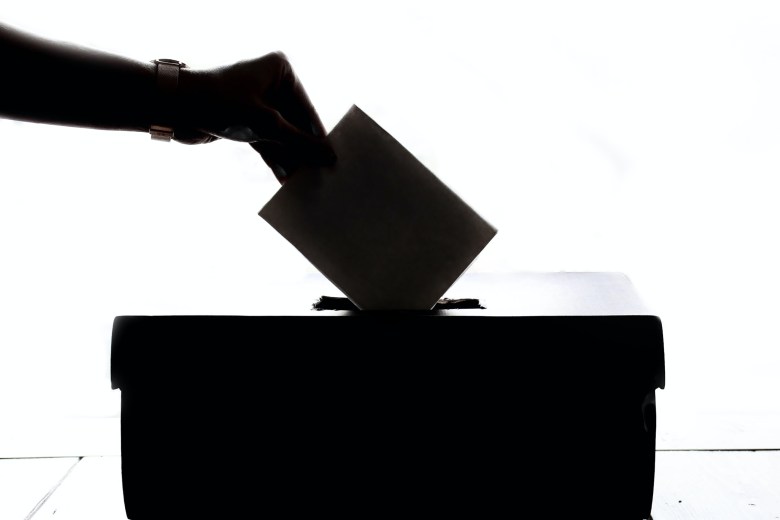
As New Yorkers gear up for the general elections next month, it’s worth once again remembering that a huge chunk of us won’t be voting, not out of disillusionment or lack of knowledge, but inability. New York City is by far the most immigrant-heavy city in the country, both in raw numbers, and percentage of the population.
While that includes a large number of naturalized citizens, it also incorporates a significant number of permanent residents, work visa holders, and assorted undocumented folks, from those with stopgap statuses like Temporary Protected Status and DACA to those with nothing at all. Collectively, we make up about 15 percent of the population, and are unable to participate in the elections at all (even if, for example, one happens to be a journalist and academic with a heavy focus on politics).
A longtime movement to change this by extending the franchise to noncitizens in municipal elections — i.e., those for mayor, comptroller, public advocate, and City Council — culminated last year in a bill to grant the vote to immigrants with some type of work authorization (ultimately excluding the undocumented). Some New Yorkers may have heard about this effort and the approval of the bill, and have been wondering what’s happening and if they are permitted to vote, so we thought we’d give an update.

First things first: under no outcome would noncitizens be allowed to vote in next month’s election anyway, because they are state and federal elections. These types of elections were not included in the bill, and in fact noncitizen voting in federal elections is strictly illegal and can have immigration consequences, even if it’s just an attempt. If you’re not sure whether you’re eligible to vote in these elections, check exhaustively, including with the local BOE. Don’t chance it.
As for city elections, the first ones that noncitizens would be able to vote in would be next year, which would be fortuitous timing given that the entirety of the City Council will be on the ballot. There’s just one catch: a state judge in Staten Island ruled in June that the law violated the State Constitution and struck it down. The crux of it comes down to a question of affirmative versus implied eligibility. In a nutshell, the State Constitution explicitly makes citizens eligible to vote. The city’s legal argument is that this is an affirmation of who must be allowed to vote, but it’s not a limitation on who can be allowed to vote, particularly since another provision gives broad deference to localities to make their own rules.
The opponents’ arguments, which the judge ultimately agreed with, is that this eligibility criteria delineates everyone who can vote, and no one outside of it can be granted the right above and beyond what the State Constitution explicitly allows. The city is now appealing this ruling, but for now, the city law is set aside and noncitizens won’t be able to vote in next year’s elections.

Beyond the legal wrangling, the measure is obviously controversial due to hazier conceptions of civic rights and belonging, with some arguing that voting should inherently be a right of citizenship, while others point out that municipal elections concern issues like policing and trash pickup that have little to do with the sort of national interest concerns that have more of a nexus to citizenship. Certain subsets of work visa holders don’t have a quick path to citizenship, and can live legally in the country for years without having a say in their local government. It seems to run counter to that tenet of U.S. identity: no taxation without representation
At this point, New Yorkers can’t do much except wait for the matter to play out in court. If the measure is allowed to go ahead, it could change the landscape of elections in the city as candidates have an entire previously ineligible population of constituents to appeal to. If and when that moment comes, it’s on everyone to actually bring these groups into civic participation. Having a right is crucial, but more important than having it is exercising it.









